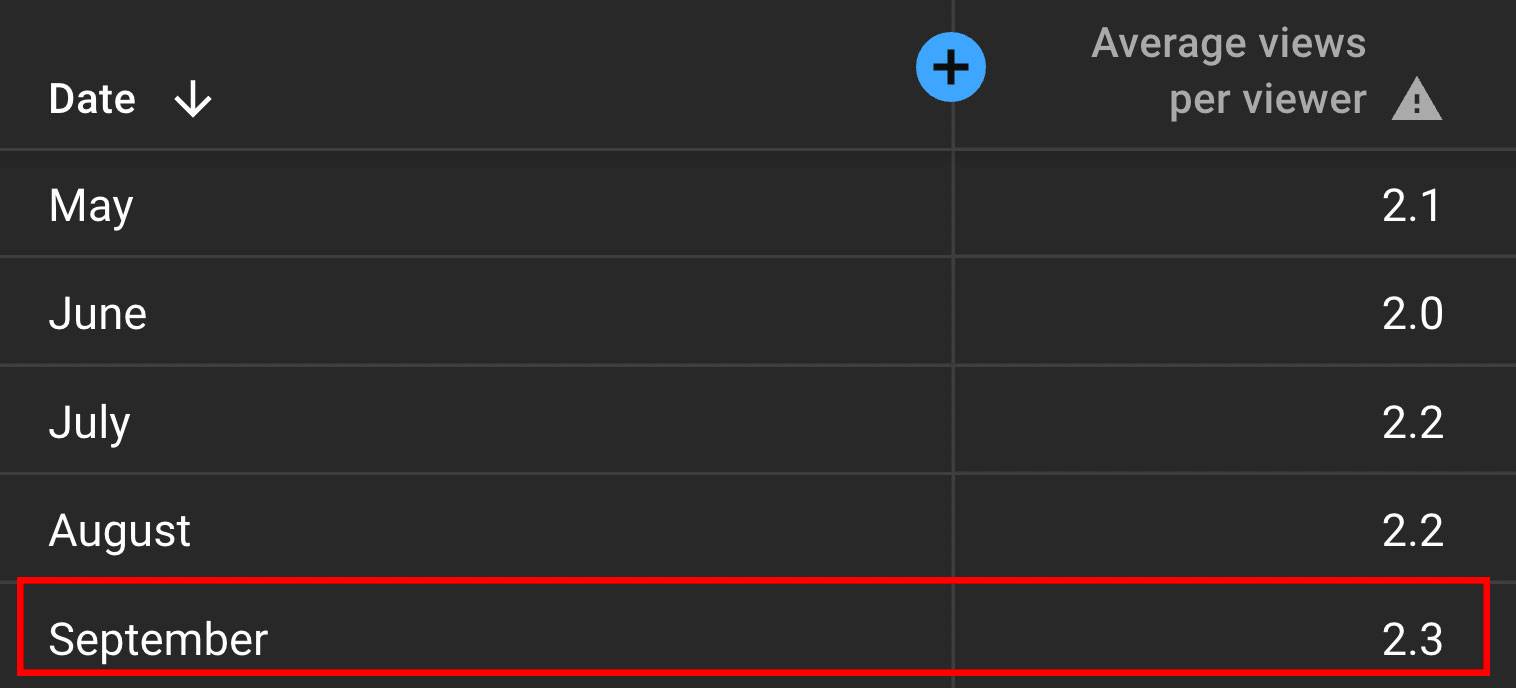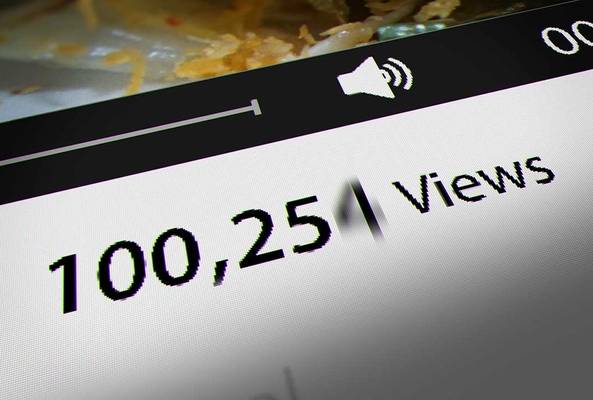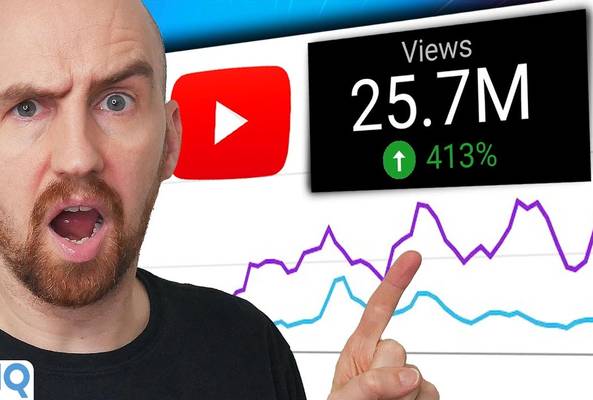Lydia Sweatt is a writer who loves balancing her article/blog time indoors with a healthy dose of nature. She bikes, hikes, and identifies edible plants along the way.
A Simple Trick to Make Viewers Watch Multiple YouTube Videos
Getting views on a YouTube video is challenging, but it’s definitely not impossible. Once you master a two-part process, it’s easy to hook viewers:
- Create a bold thumbnail that makes people stop scrolling.
- Write an intriguing title so viewers want to click your video.
The real challenge is getting people to watch more content. For example, what do you think most viewers do at the end of a video? Do they watch more content from the same channel, or do they leave to see what else YouTube has to offer?
As a growing creator, you want people to watch as many videos as possible. You want to satisfy them, make them binge your content, and show the YouTube algorithm your channel is worth promoting.
There’s a way to make it happen, but only if you know a simple YouTube trick.
First, Understand Your ‘Average Views Per Viewer’
Before we share our little trick, there’s something you should know: YouTube tells you whether your content is binge-worthy or not.
You can find this data in the YouTube Studio. It tells you if people watch multiple videos in a row or leave without watching more.
That leads us to an important metric called average views per viewer, or AVPV for short. AVPV represents the number of videos each unique viewer watches on your channel (on average).
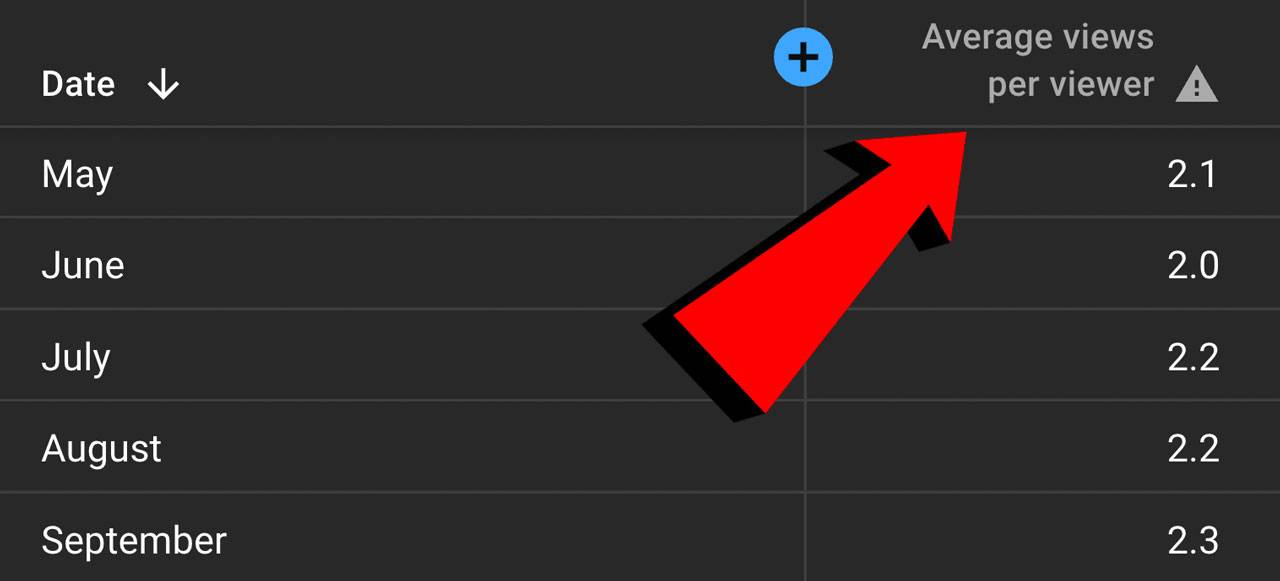
For example, let’s say your channel’s AVPV is three. That means the average viewer watches three videos on your channel before leaving.
But why is AVPV so critical on YouTube? Well, the higher this number goes, the better you are at convincing people to watch multiple videos. In fact, if your AVPV is somewhere around the number 1, that means people leave your channel after watching one video.
The survey below shows that many creators have an AVPV of 1 to 1.4. So it’s in everyone's interest to boost that figure.
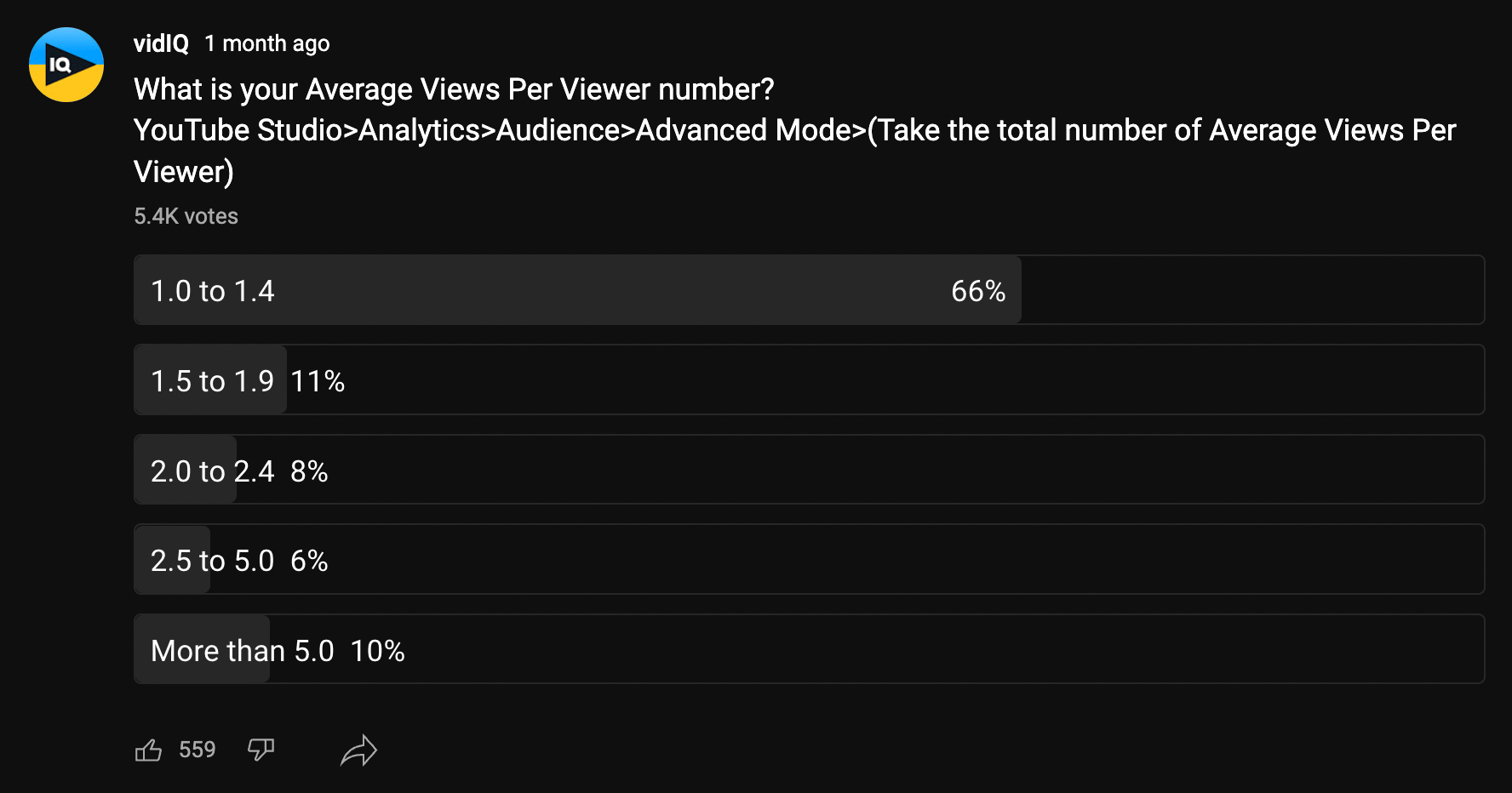
How to Find Your ‘Average Views Per Viewer’ on YouTube
Now that you understand AVPV, here’s how to find yours on YouTube:
1. Go to the YouTube Studio and click Analytics on the left navigation bar.

2. Adjust the time period for the last full month you have data on. This switches your data points to the last 12 months of channel performance.
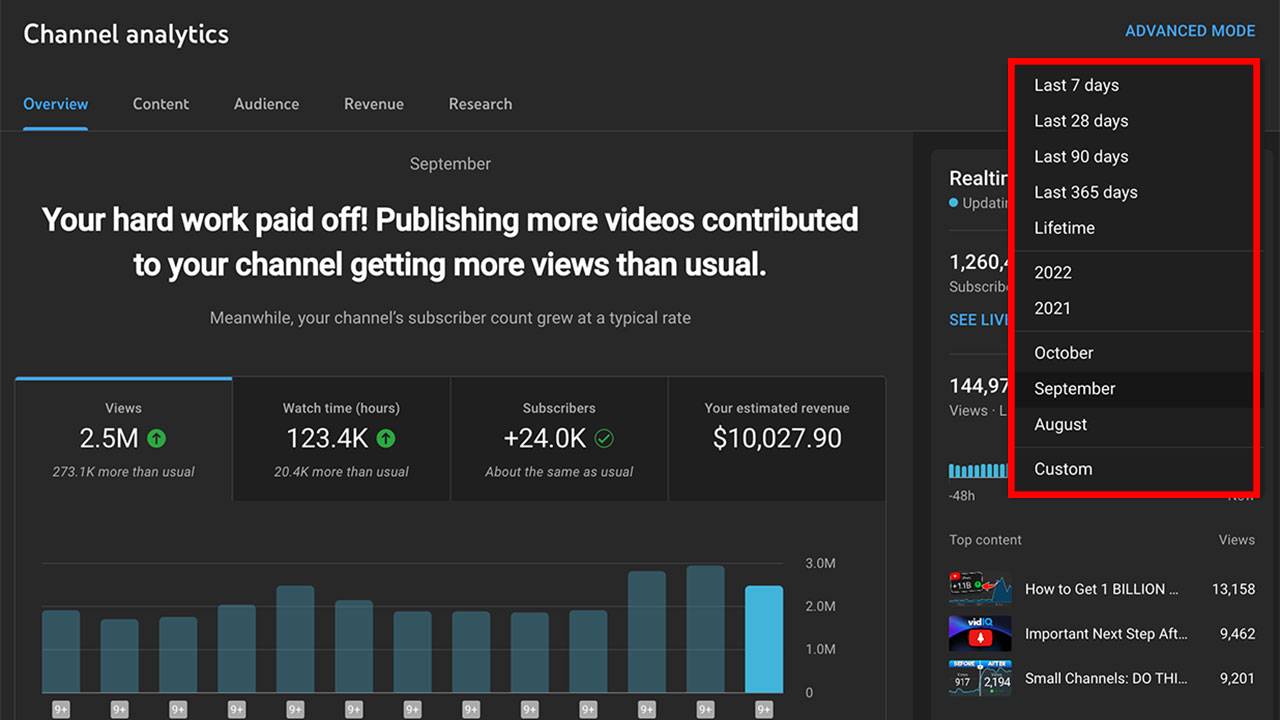
3. Click See More.
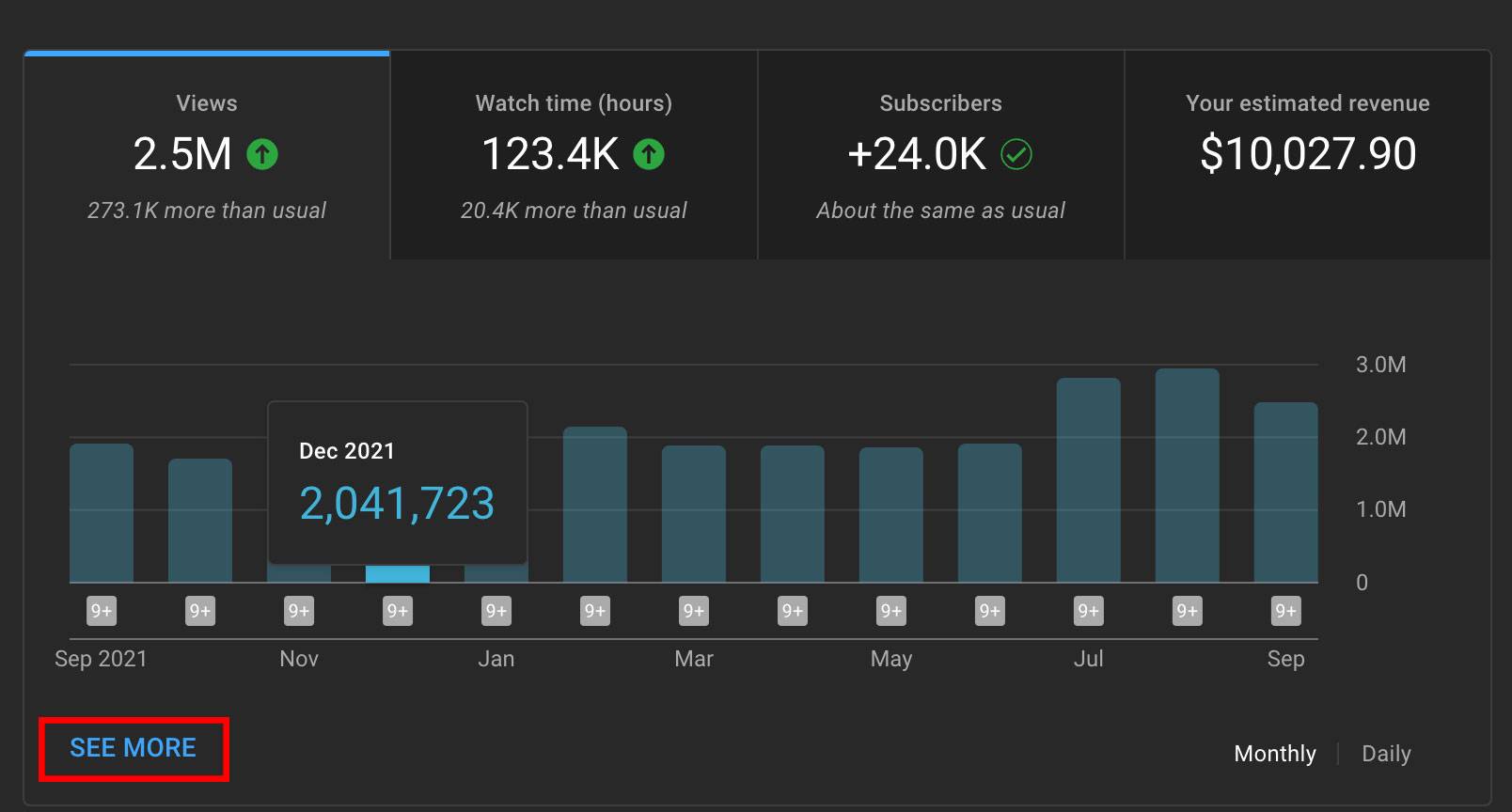
4. Click the blue plus button to add another metric. Choose Average Views Per Viewer from the menu.
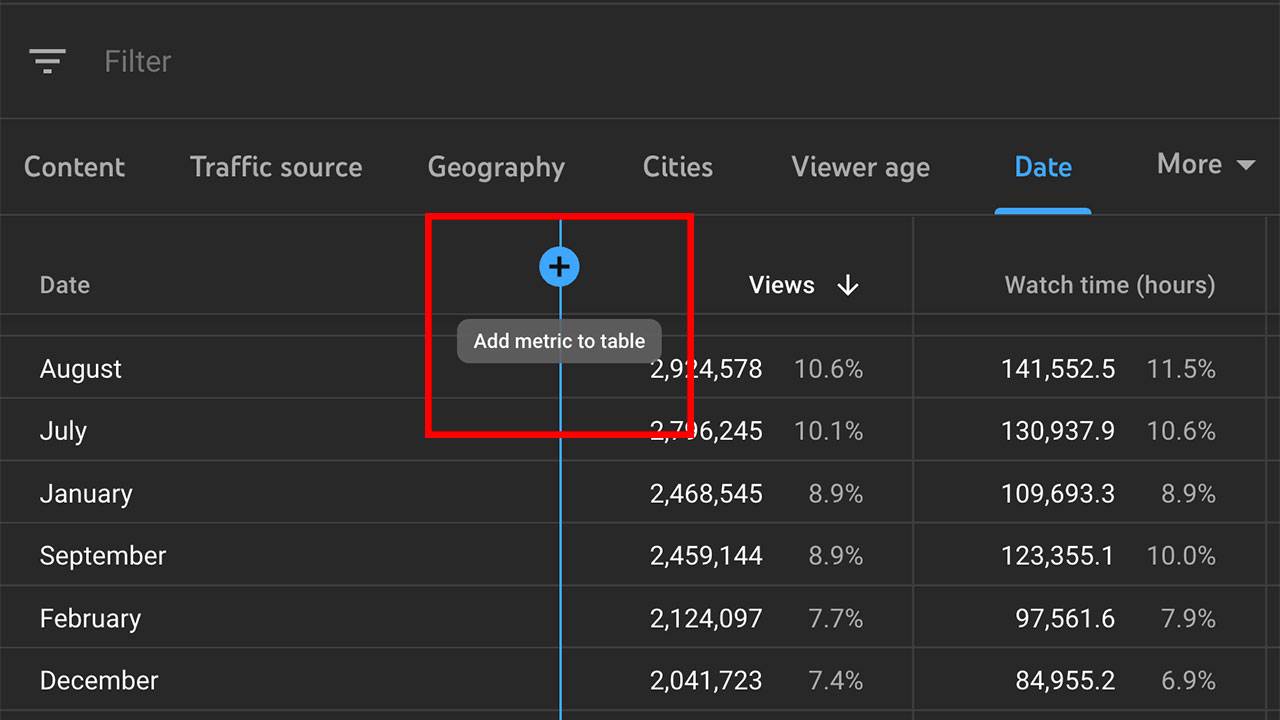
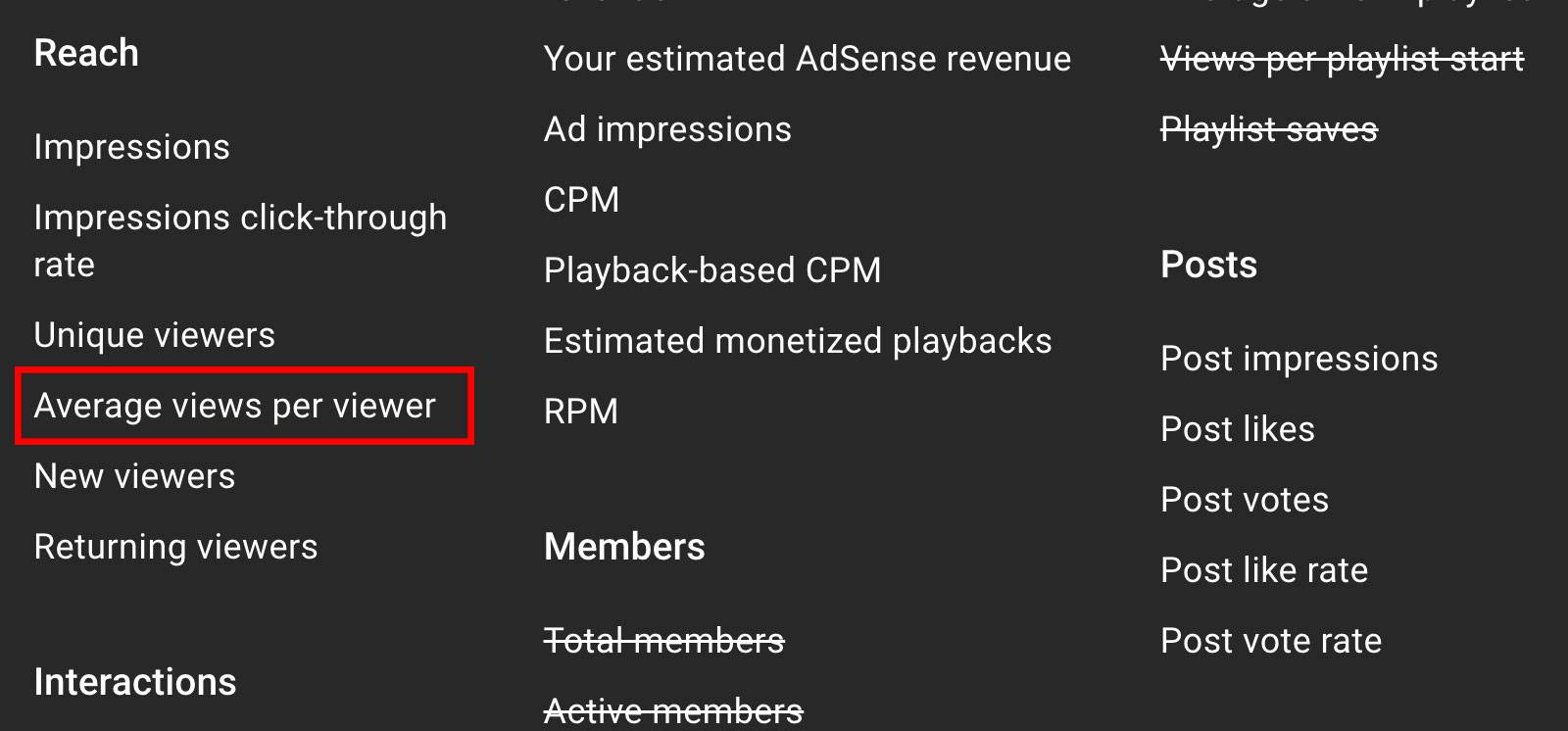
5. Click the Date column to sort your performance over the last 12 months.
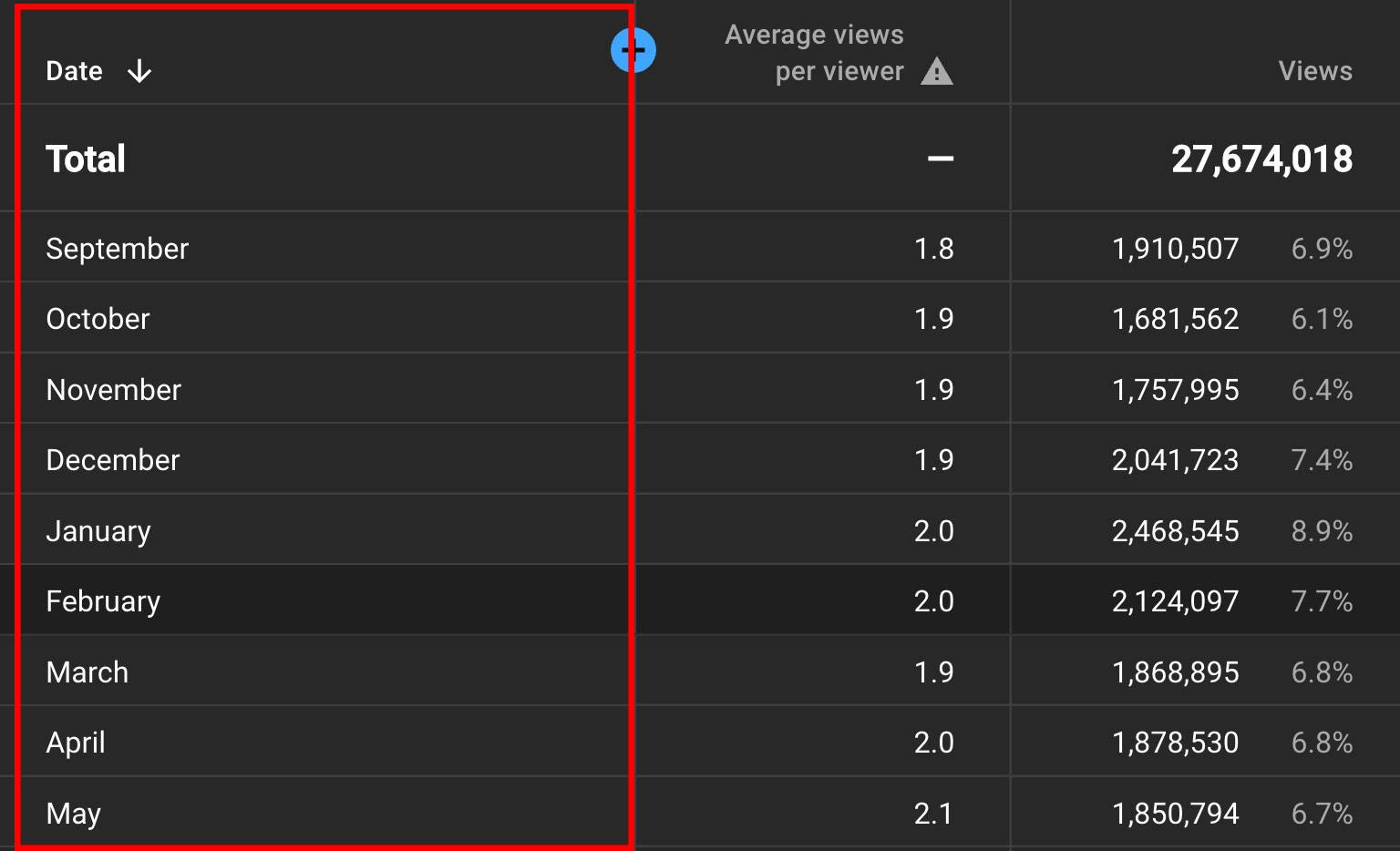
This is what you’ll see in the end — your AVPV from 12 months ago up until today (all 12 months not shown below).
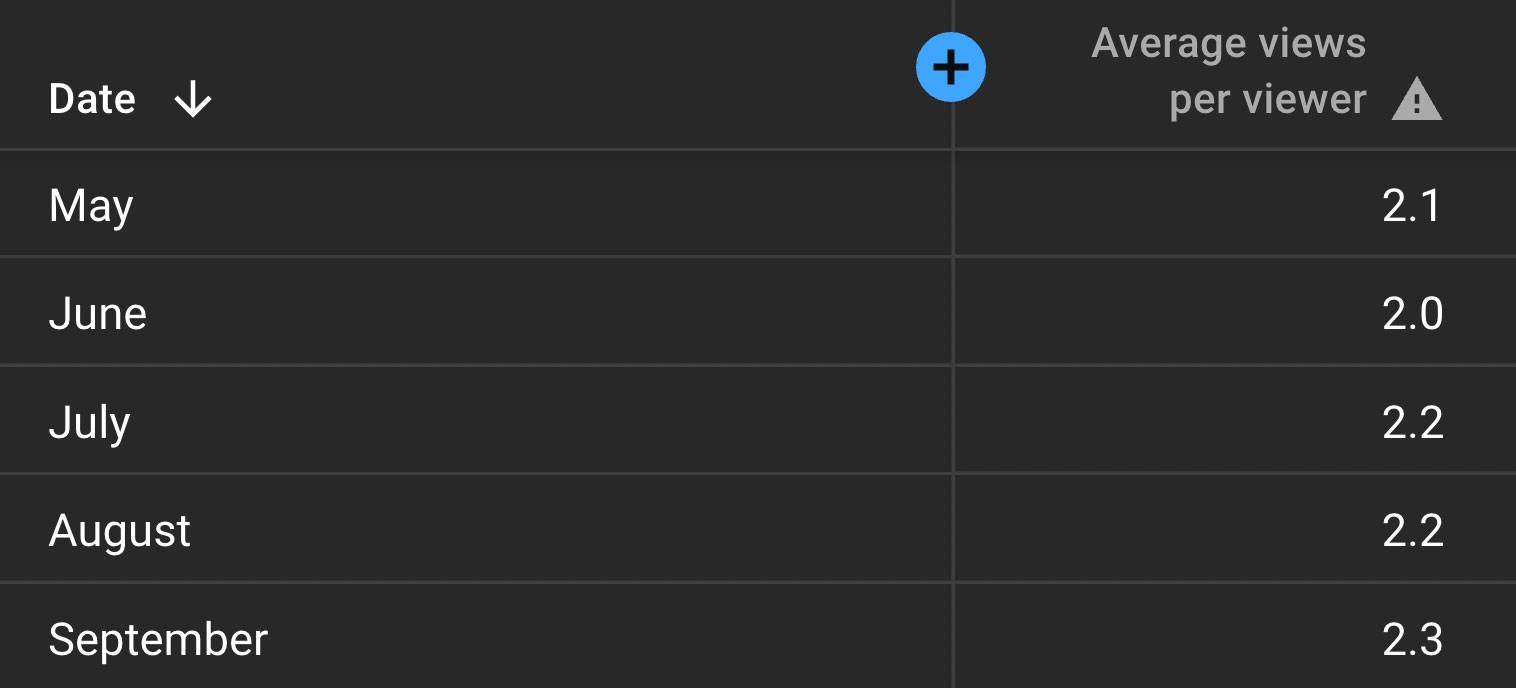
How to Increase ‘Average Views Per Viewer’ — and Make People Watch More Videos
Now it’s time to reveal our little trick. If you want viewers to watch multiple videos, don’t wait for YouTube’s algorithm to show them content. Skip the waiting period and tell viewers what to watch.
How do you do this, exactly? We recommend using YouTube end screens.
An end screen is an interactive outro that appears in the last 5-20 seconds of a video. You can put clickable elements on an end screen, such as links to a website, a YouTube subscribe button, and best of all, extra videos to watch on your channel.
But the trick isn’t to make any old end screen.
You want to make an end screen that suggests one more video to watch, not three or four. That way, viewers won’t feel overwhelmed by a bunch of options on the screen, and they can simply tap the next video.
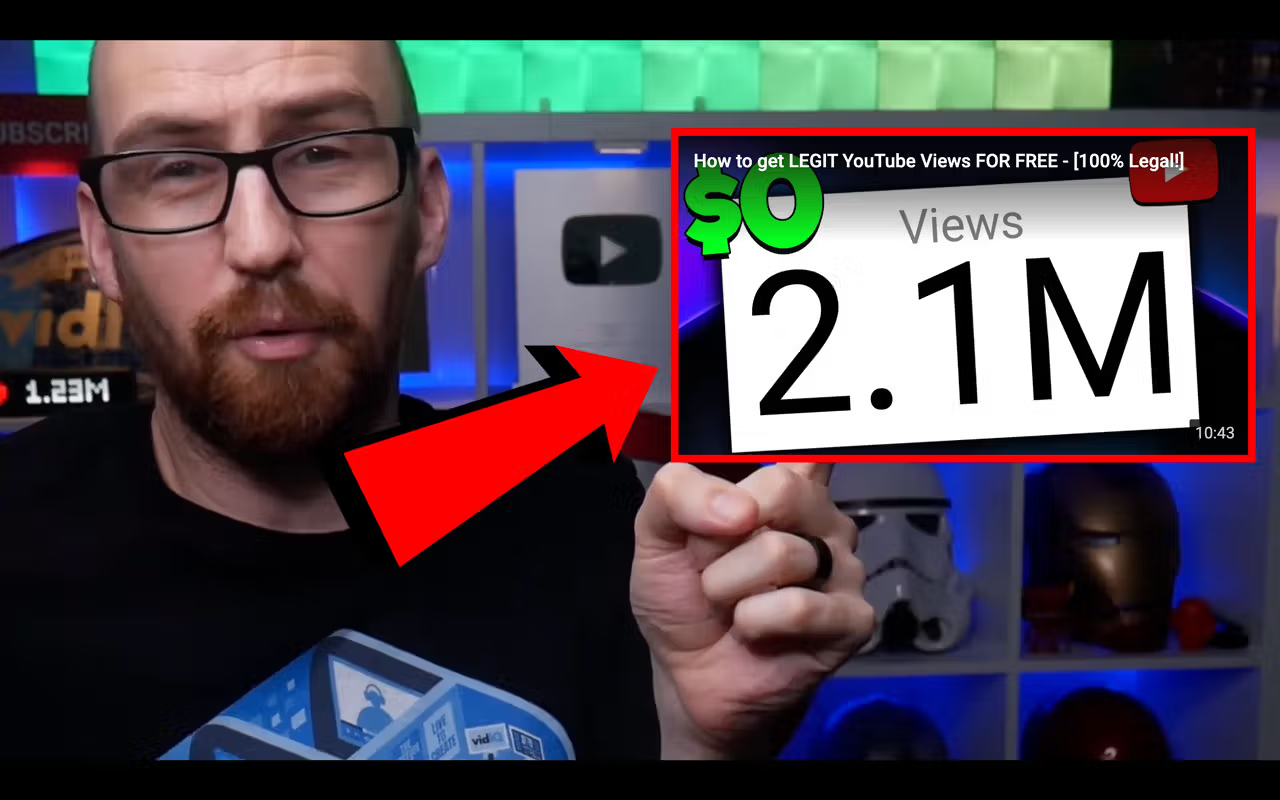
Also, try to suggest a video that’s related to the current one. It should be an extension of the main story because that’s what people came to see.
If you do this over time — use an end screen to suggest one relevant video — your AVPV will rise.
We tested this strategy on the vidIQ channel and found tremendous success. Instead of viewers watching one video on our channel, they now watch two videos before leaving.
Here's our AVPV in 2021 before using end screens:
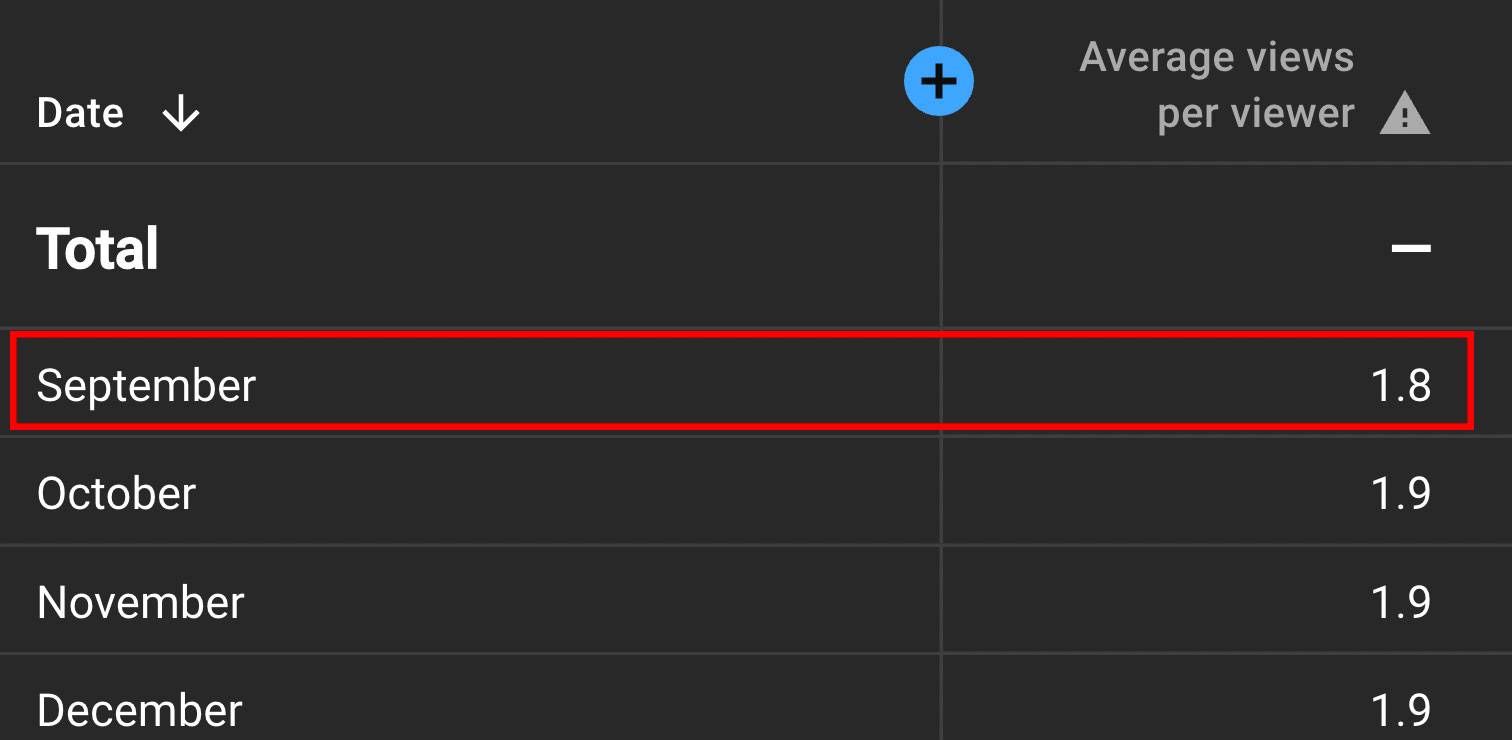
And here's our AVPV in 2022 after using end screens:
